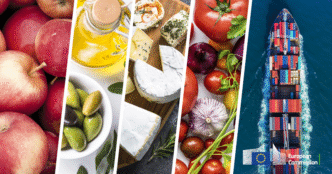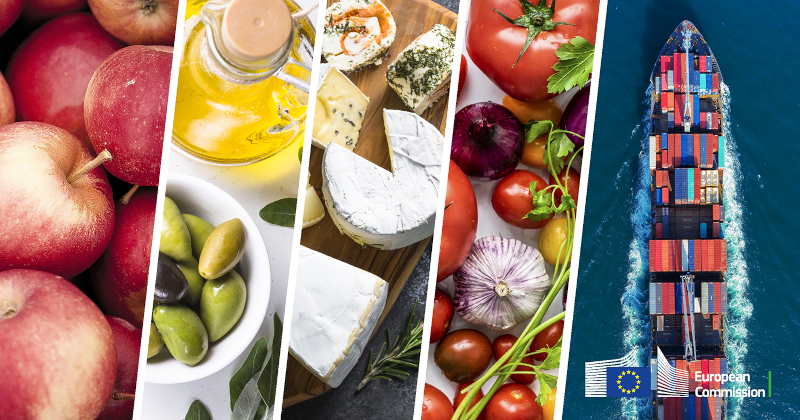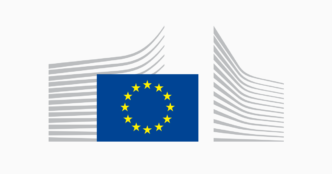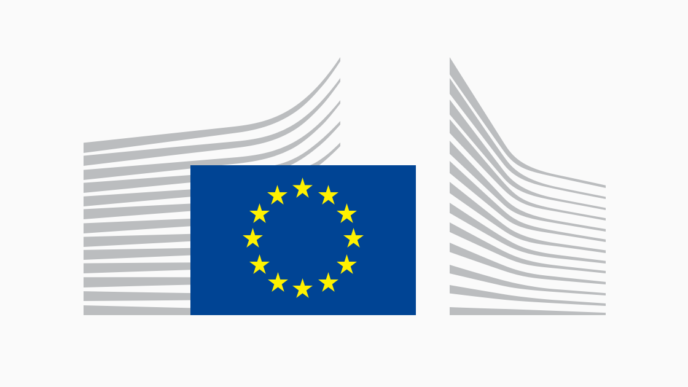EU agri-food trade picked up in January 2025, with exports reaching EUR 19 billion, 4% higher than a year earlier. Imports grew even more sharply, rising 7% month-on-month and 19% year-on-year to EUR 16 billion, fuelled by elevated prices for cocoa and coffee. The trade surplus narrowed to EUR 3 billion, reflecting increased import costs.
EU exports remained stable
EU agri-food exports reached EUR 19 billion in January 2025, 4% higher than in January 2024. The UK remained the top destination, with exports increasing by 3%. Exports to Switzerland also rose by 16%, mainly driven by cocoa products. In contrast, exports to China fell by 13%, largely due to a sharp drop in cereals exports.
Exports of coffee, tea, cocoa and spices rose by EUR 396 million (+55%) in January 2025 compared to January 2024, mainly driven by higher prices for cocoa and coffee. Confectionery and chocolate exports increased by EUR 150 million (+18%), while dairy product exports grew by EUR 119 million (+8%), both due largely to price gains. In contrast, cereals exports fell by EUR 466 million (–37%), mainly due to lower volumes of wheat and maize. Exports of oilseeds and protein crops dropped by EUR 52 million (–22%), and vegetable oils by EUR 40 million (–17%), also due to reduced volumes.
High prices drove EU import value up
EU agri-food imports rose to EUR 16 billion in January 2025, up 7% from December and 19% higher than January 2024, largely due to high prices for cocoa and coffee. Imports from Côte d’Ivoire (+EUR 438 million, +77%) and Ghana (+EUR 233 million, +153%) recorded the largest increases in value, driven by soaring cocoa prices. In contrast, imports from Brazil (–EUR 140 million, –10%) and Ukraine (–EUR 125 million, –9%) fell due to lower oilseeds and cereals volumes, while imports from Russia dropped by 79% compared to 2024.
EU imports of coffee, cocoa and spices rose by EUR 1.4 billion (+66%) in January 2025, driven by soaring cocoa and coffee prices. Imports of fruit, nuts and non-edible products also increased, mainly due to higher prices. In contrast, imports of oilseeds, protein crops, and sugar declined due to falling volumes and prices.
Monitoring EU agri-food trade: developments in January 2025












